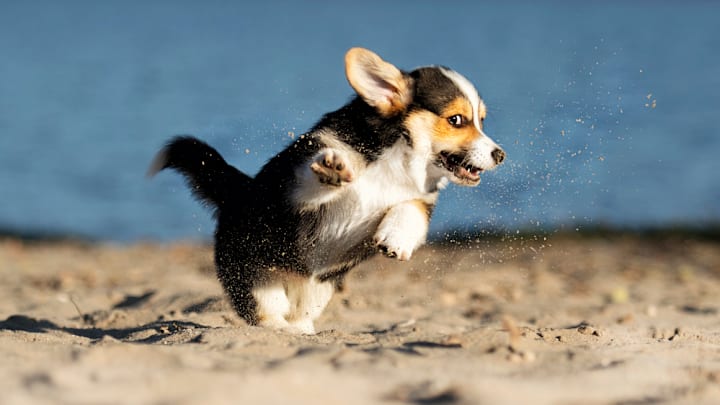The Silent Shift: When Your Pet Starts Slowing Down, and You’re the One Who Has to Catch Up

At first, it’s barely noticeable.
Maybe they don’t sprint to the door quite as fast when you come home. Maybe the zoomies shrink into a small wiggle. Maybe the stairs take a little longer. They pause more. Sleep longer. You chalk it up to the weather. To mood. To nothing.
But then it happens again.
And again.
And slowly, like fog settling on a familiar landscape, you realize your pet is aging. Quietly. Softly. Right in front of you.
It’s disorienting.
Because in your head, they’re still the puppy who tried to eat your shoelaces. The kitten who scaled the curtains. The tiny blur of energy that wouldn’t stop unless they were asleep. You still expect chaos at random intervals. You still instinctively guard your dinner plate. You still move through your routine expecting them to leap in at all the usual cues.
But one day, they don’t.
And that’s when the ache sets in.
No one prepares you for how emotional it is to watch your pet grow older. There are no milestones. No first day of school. No birthday cards marking transitions. Just subtle shifts. Tiny disappearances. Energy, mobility, playfulness—all slowly replaced with stillness.
You begin to measure time differently.
You notice how they sit more carefully. How their breathing changes. How their fur has softened, silvered, thinned. And you start to grieve something that isn’t gone yet—but is going.
That kind of grief is complicated.
Because they’re still here. Still eating. Still wagging their tail. Still curling up next to you on the couch. And yet, there’s a ghost of who they were following them around—and you can’t help but see it. Feel it. Mourn it.
It sneaks up on you in the small moments.
When you instinctively go to toss the ball and remember they haven’t chased it in weeks.
When you get excited for a walk and realize you’re the only one standing by the door.
When their footsteps don’t follow you from room to room anymore—and the quiet feels loud.
But here’s what no one tells you: this stage is just as sacred.
Maybe even more.
Because now you slow down with them. You meet them where they are. You let them set the pace. And in doing so, you discover a new kind of intimacy. One that’s softer. Gentler. Wiser.
You stop needing them to entertain you or energize you. You start simply appreciating their presence. Their warmth. Their breath. Their being.
They don’t need to do anything anymore to earn your love.
And you realize—they never did.
This chapter, though quiet, is rich.
It’s in the way they rest their head against your leg with more weight than before, as if saying I’m still here. Don’t rush me.
It’s in the way you notice their eyes more—the way they hold you. Know you. Have memorized your life through years of quiet observation.
It’s in the way you start talking to them differently—less playful, more reverent.
Because you’re not just caring for a pet now.
You’re caring for a memory in motion.
A living archive of the life you’ve shared.
The older they get, the more they ask of you—not in effort, but in awareness. They ask you to stay present. To treasure what’s left. To slow down and sit with them. Not out of obligation, but out of gratitude.
Because one day, the silence will be more than a pause.
But not today.
Today, they’re still here.
A little slower. A little sleepier. But still choosing to stay close to you. Still offering their quiet companionship. Still reminding you that love doesn’t need to run wild to be real.
Sometimes, it just needs to breathe beside you.
And you realize: you’re not catching up to them anymore.
You’re learning to match their pace.
And in doing so, you find something you never expected:
Peace.